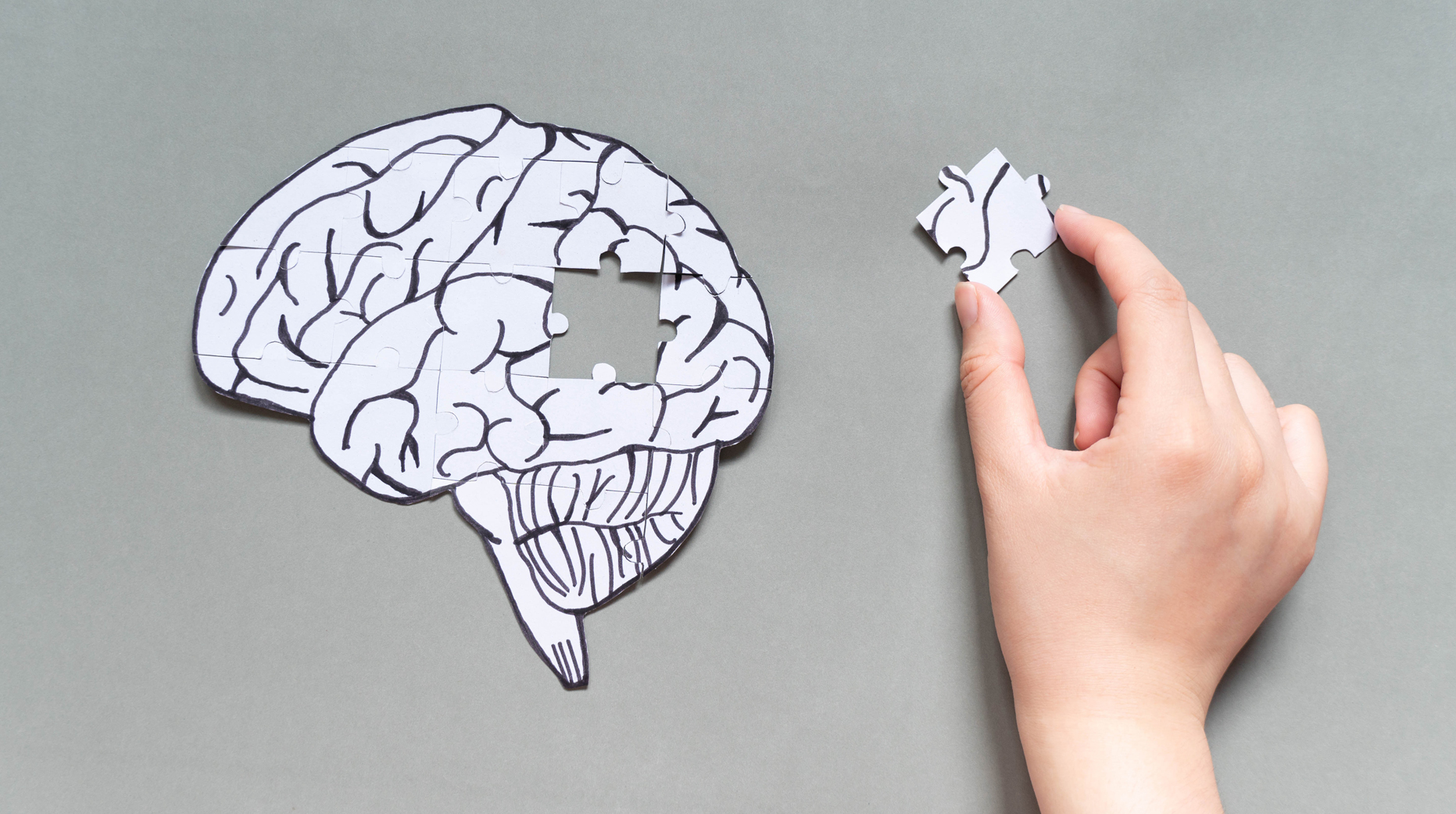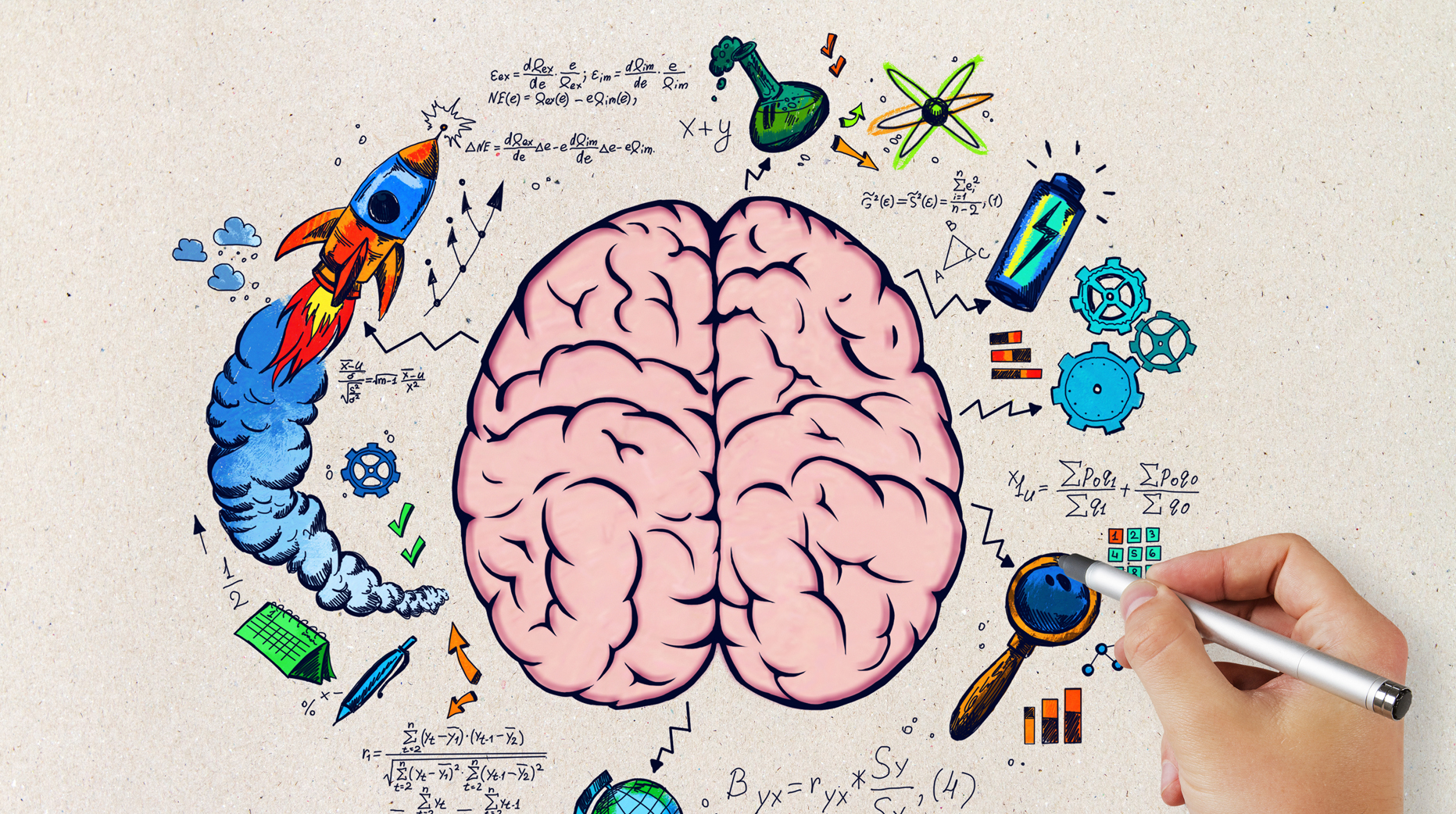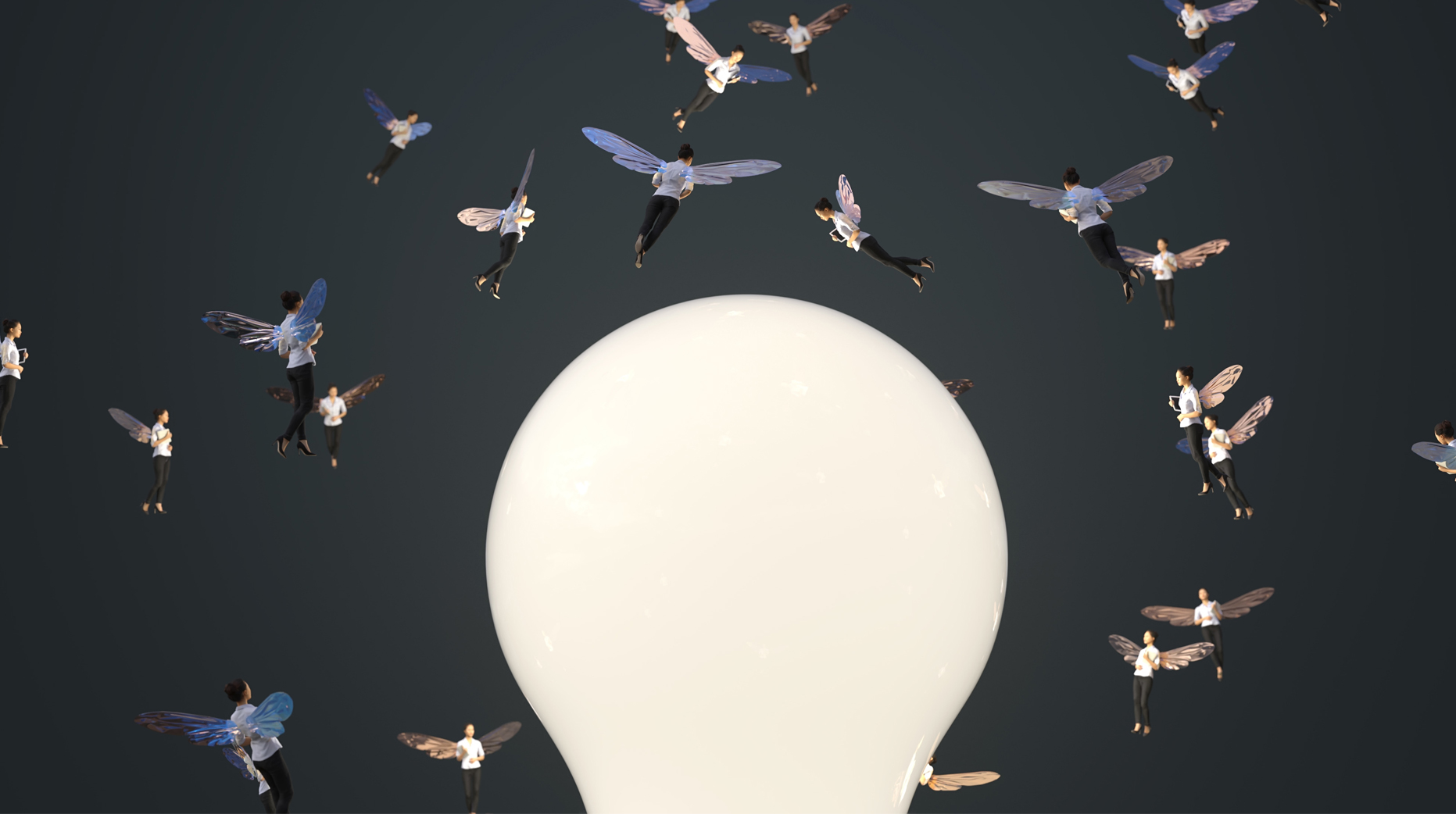Work Life Balance
By Shelley Wilkins on 24 January 2011

Meet Fred. We’ve hidden his face as Fred is a highly paid business executive. Fred arrived home from work late as usual, opened a bottle of red wine and sat down to reply to emails and plan tomorrows schedule.
An Understanding Of (ADT) The Attention Deficit Trait
By Katharine McLennan on 9 January 2011

In January 2005, the Harvard Business Review published an article called “Overloaded Circuits: Why Smart People Underperform.” Its description of the executive being bombarded by emails, Blackberry beeps, voicemails, constant interruptions, back-to-back meetings and deadlines that nev …
Game On! The Neuroscience Behind The Popularity Of Games
By Marigo Raftopoulos on 30 December 2010

Games are one of the oldest past times known to humanity. Over the centuries games have been used to teach problem solving and survival skills, socialize community members and of course - to entertain and have fun! However recent developments in gaming technology, interactive media, d …
Working Across Cultures
By Silvia Damiano on 13 December 2010

While working these past two weeks in Spain running workshops and presenting seminars on how we can use the knowledge of the brain in organizations - we came across a very talented glass blower who has been sculpting for 30 years. His studio is in a very pretty area called “Spanish Vi …
Neuroscience And Marketing – New Frontiers?
By The About my Brain Institute on 29 November 2010

Much of modern Western thinking about human behaviour has been premised on the idea that human behaviour is essentially a product of reason and rationality, albeit containing emotional aspects.
The Strategizing Brain
By Maurizio Floris on 29 November 2010

The concept of ‘strategy’ is a funny one in organisations. It has a connotation of importance, forward thinking, and even a dash of glamour. If you can get the word ‘strategy’ in your title, it is likely to come with a good pay rise and a great deal of extra status, e.g. Strategic HR …
The Brain In Relationships
By Tao de Haas on 31 October 2010

The human brain is extremely complex and this complexity mirrors itself in the nature of human relationships, especially when it comes to love. Ultimately what drives all living organisms is biology and we human beings are no exception.
A Psychotherapist Reflects On The Value Of Neuroscience
By Phil Boas on 19 October 2010

"Neuroscience might just be a rational person’s defence against engaging with their emotions. Or it might be gigantic step toward more sophisticated therapeutic interventions.”
The Chalk Urban Art Festival
By Silvia Damiano on 14 October 2010

Last Sunday I went to the Chalk Urban Art Festival where Julie Doye, our featured artist for the 2011 Brain Art Exhibition was doing a great piece of chalk work about Jimmy Hendrix. Congratulations Julie, your artwork was phenomenal! Despite my science background, I have always been a …
Over Think
By Silvia Damiano on 7 October 2010

Undoubtedly, our brains process many thoughts and bits of information per minute. The question is how long do we ruminate over the same thoughts, or how far we go in allowing certain thoughts to guide our decisions. In a metaphoric sense, how loud is the small bird on our shoulder whi …
Mind Wandering
By The About my Brain Institute on 23 September 2010

When our mind wanders, a part of our brain called default network starts to work. This default network is a brain system that includes part of the medial temporal lobe, medial prefrontal cortex and the posterior cingulate cortex.
Strategies For Enhancing Memory In The Workplace
By Silvia Damiano on 19 September 2010

My workplace is mainly the classroom where I conduct most of the workshops on the topics of leadership and emotional intelligence. One of the challenges these days is to keep participants from dividing their attention between their mobile phones and what is going on in the room.
- i4 Neuroleader (353)
- Leadership & Culture (336)
- Brain Health & Wellbeing (206)
- Innovation (97)
- Performance (85)
- Our News (79)
- Collaboration (68)
- Agility (53)
- Practitioner Stories (44)
- In The Press (36)
- Make Me A Leader (33)
- Balance (31)
- Integration (30)
- Imagination (29)
- Awareness (23)
- Brain-Friendly Channel (22)
- Brain-Friendly Leadership (22)
- Communication (22)
- Curiosity (21)
- Inspiration (19)
- Intuition (19)
- Attitude (17)
- Courage (16)
- Adaptability (14)
- Case Studies (14)
- Drive (14)
- Generosity (13)
- Ethics (9)
- Mental Readiness (9)
- Influence (8)
- Retreat (8)
- Brain-Friendly Leadership (1)
- Oracle Cards (1)
- 1 November 2025 (2)
- 1 September 2025 (3)
- 1 August 2025 (5)
- 1 July 2025 (5)
- 1 June 2025 (2)
- 1 April 2025 (1)
- 1 March 2025 (8)
- 1 February 2025 (3)
- 1 September 2024 (4)
- 1 July 2024 (2)
- 1 June 2024 (6)
- 1 May 2024 (2)
- 1 April 2024 (3)
- 1 March 2024 (1)
- 1 November 2023 (1)
- 1 August 2023 (1)
- 1 July 2023 (2)
- 1 June 2023 (2)
- 1 May 2023 (4)
- 1 April 2023 (2)
- 1 March 2023 (7)
- 1 February 2023 (4)
- 1 January 2023 (1)
- 1 September 2022 (1)
- 1 May 2022 (3)
- 1 April 2022 (1)
- 1 March 2022 (5)
- 1 February 2022 (4)
- 1 January 2022 (4)
- 1 December 2021 (2)
- 1 November 2021 (4)
- 1 October 2021 (3)
- 1 September 2021 (6)
- 1 August 2021 (1)
- 1 April 2021 (1)
- 1 December 2020 (2)
- 1 November 2020 (1)
- 1 September 2020 (1)
- 1 August 2020 (1)
- 1 July 2020 (3)
- 1 June 2020 (4)
- 1 May 2020 (3)
- 1 April 2020 (4)
- 1 March 2020 (6)
- 1 February 2020 (4)
- 1 January 2020 (2)
- 1 December 2019 (3)
- 1 November 2019 (3)
- 1 October 2019 (5)
- 1 September 2019 (4)
- 1 August 2019 (4)
- 1 July 2019 (4)
- 1 June 2019 (5)
- 1 May 2019 (9)
- 1 April 2019 (9)
- 1 March 2019 (8)
- 1 February 2019 (7)
- 1 January 2019 (8)
- 1 December 2018 (5)
- 1 November 2018 (10)
- 1 October 2018 (16)
- 1 September 2018 (9)
- 1 August 2018 (10)
- 1 July 2018 (9)
- 1 June 2018 (8)
- 1 May 2018 (9)
- 1 April 2018 (9)
- 1 March 2018 (9)
- 1 February 2018 (8)
- 1 January 2018 (8)
- 1 December 2017 (6)
- 1 November 2017 (9)
- 1 October 2017 (9)
- 1 September 2017 (8)
- 1 August 2017 (10)
- 1 July 2017 (8)
- 1 June 2017 (8)
- 1 May 2017 (9)
- 1 April 2017 (8)
- 1 March 2017 (6)
- 1 January 2017 (3)
- 1 December 2016 (4)
- 1 November 2016 (5)
- 1 October 2016 (4)
- 1 September 2016 (2)
- 1 August 2016 (4)
- 1 July 2016 (4)
- 1 June 2016 (2)
- 1 May 2016 (3)
- 1 April 2016 (3)
- 1 March 2016 (7)
- 1 February 2016 (2)
- 1 January 2016 (5)
- 1 December 2015 (2)
- 1 November 2015 (2)
- 1 October 2015 (4)
- 1 September 2015 (2)
- 1 August 2015 (2)
- 1 July 2015 (1)
- 1 June 2015 (3)
- 1 May 2015 (4)
- 1 April 2015 (5)
- 1 March 2015 (3)
- 1 February 2015 (3)
- 1 January 2015 (3)
- 1 December 2014 (3)
- 1 November 2014 (3)
- 1 October 2014 (3)
- 1 September 2014 (5)
- 1 August 2014 (4)
- 1 July 2014 (5)
- 1 June 2014 (3)
- 1 May 2014 (1)
- 1 March 2014 (1)
- 1 December 2013 (2)
- 1 November 2013 (1)
- 1 July 2013 (1)
- 1 June 2013 (1)
- 1 May 2013 (3)
- 1 April 2013 (1)
- 1 March 2013 (2)
- 1 February 2013 (1)
- 1 January 2013 (2)
- 1 November 2012 (1)
- 1 October 2012 (1)
- 1 September 2012 (1)
- 1 August 2012 (2)
- 1 July 2012 (1)
- 1 June 2012 (1)
- 1 May 2012 (2)
- 1 April 2012 (1)
- 1 February 2012 (1)
- 1 January 2012 (1)
- 1 November 2011 (1)
- 1 October 2011 (3)
- 1 September 2011 (2)
- 1 July 2011 (1)
- 1 June 2011 (1)
- 1 May 2011 (1)
- 1 April 2011 (1)
- 1 March 2011 (1)
- 1 February 2011 (2)
- 1 January 2011 (4)
- 1 December 2010 (4)
- 1 November 2010 (3)
- 1 October 2010 (5)
- 1 September 2010 (4)
- 1 August 2010 (4)
- 1 July 2010 (3)
- 1 June 2010 (4)
- 1 May 2010 (7)
- 1 April 2010 (5)
